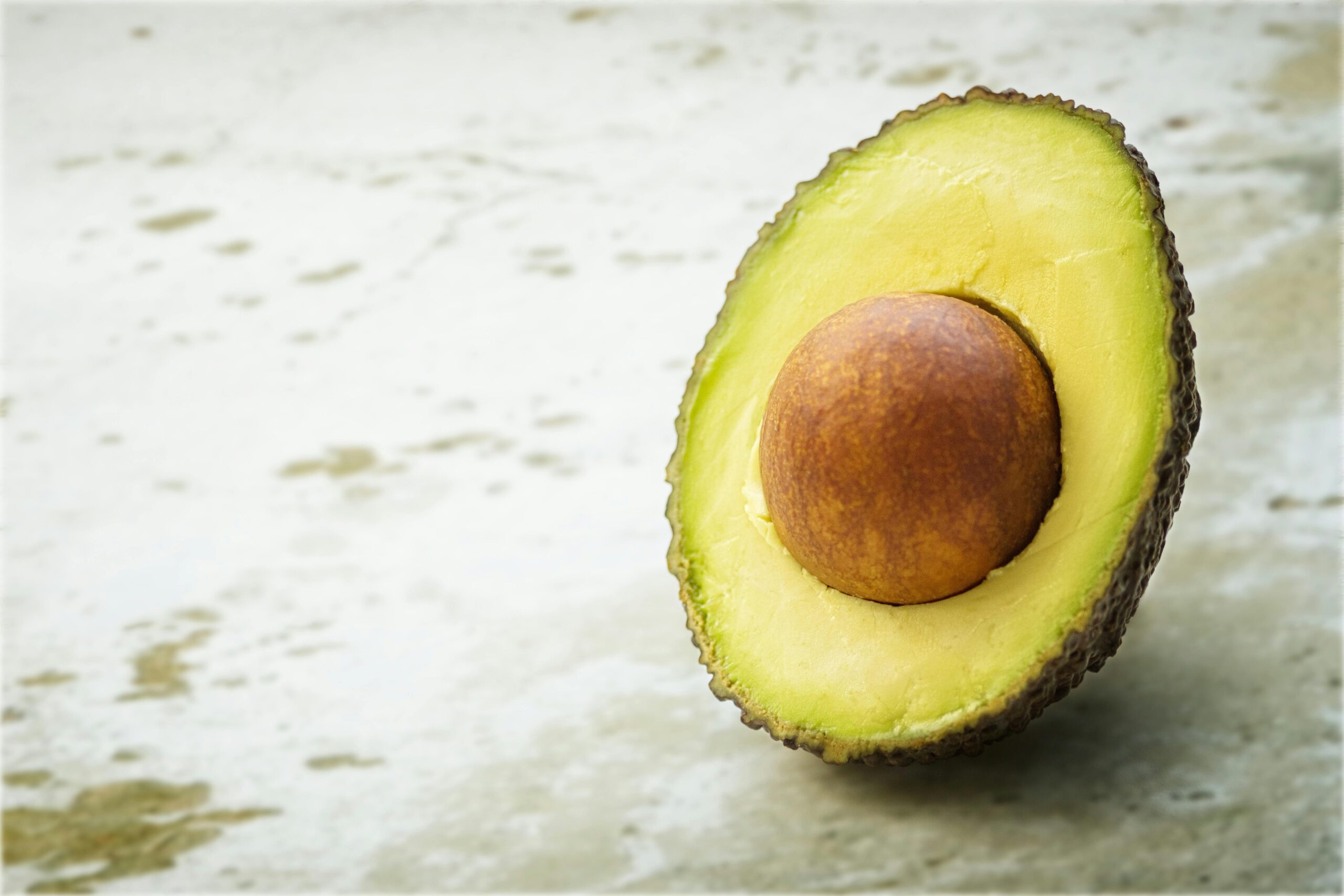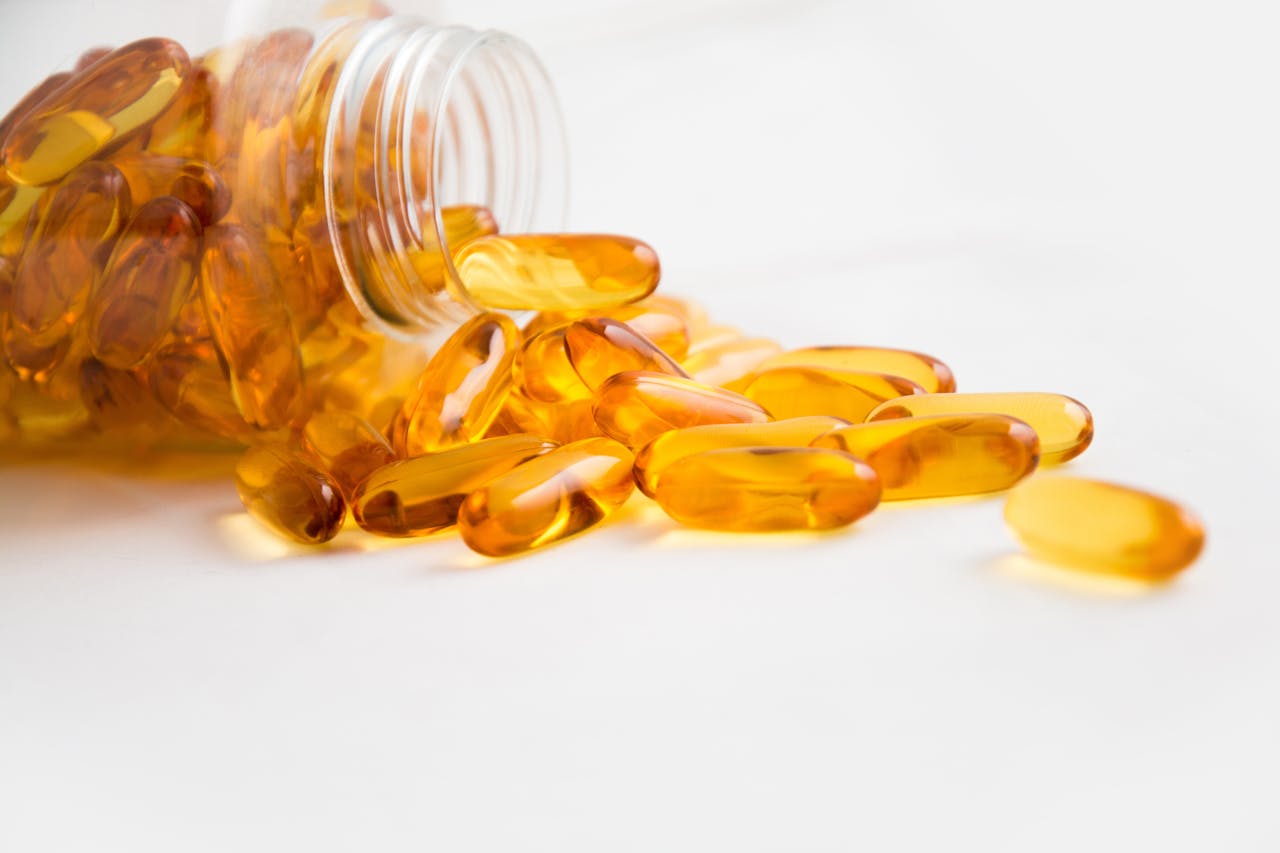Vitamin E is a powerful antioxidant that provides numerous health benefits, from enhancing skin radiance to bolstering the immune system. Unlike some vitamins that serve single purposes, vitamin E is multi-functional, supporting cellular health, reducing inflammation, and even aiding heart health. In this article, we’ll explore vitamin E’s remarkable benefits, delve into its sources, and recommend some of the best vitamin E supplements to incorporate into your wellness routine.
1. What is Vitamin E?
Vitamin E is a fat-soluble vitamin composed of eight different compounds, but alpha-tocopherol is the one most beneficial for human health. Found naturally in nuts, seeds, and leafy greens, vitamin E is a key antioxidant that fights free radicals—unstable molecules that can damage cells. This vitamin is integral to cellular repair, immune support, and skin health.
2. Health Benefits of Vitamin E
Potent Antioxidant Protection
Vitamin E’s most notable feature is its antioxidant power, which protects cells from oxidative damage. Oxidative stress contributes to aging and plays a role in chronic diseases like cancer and cardiovascular disease. By neutralizing free radicals, vitamin E helps reduce the impact of these damaging molecules, promoting long-term health and wellness.
Enhanced Skin Health and Anti-Aging
Vitamin E is often included in skincare products due to its nourishing properties. It can improve skin hydration, enhance elasticity, and help reduce the appearance of wrinkles. As a topical application or taken orally, vitamin E helps repair damaged skin cells, reduces inflammation, and accelerates healing. This makes it an excellent choice for individuals looking to maintain youthful, vibrant skin.
Immune System Support
Vitamin E plays a key role in immune function, particularly by supporting the health and activity of T-cells, a type of white blood cell that helps fight off infections. Regular vitamin E intake is associated with an enhanced immune response, making it especially beneficial for older adults whose immune function may naturally decline with age.
Heart Health
Heart health is closely linked to oxidative stress and inflammation, both of which vitamin E helps mitigate. Some studies suggest that vitamin E may reduce the risk of heart disease by preventing the oxidation of LDL cholesterol, the “bad” cholesterol that can lead to atherosclerosis, or the buildup of plaque in the arteries. Although more research is necessary, vitamin E shows promising potential for supporting cardiovascular wellness.
Eye Health and Age-Related Macular Degeneration
As a fat-soluble antioxidant, vitamin E also protects eye cells from free radicals. Some studies have shown that adequate intake of vitamin E, along with other antioxidants, can help delay or prevent age-related macular degeneration (AMD), which is one of the leading causes of vision loss in older adults.
3. Sources of Vitamin E
While supplementation is convenient, it’s also essential to incorporate natural sources of vitamin E into your diet. Excellent sources include:
- Nuts and Seeds: Almonds, sunflower seeds, and hazelnuts.
- Oils: Sunflower oil, safflower oil, and wheat germ oil.
- Green Leafy Vegetables: Spinach, kale, and broccoli.
- Fortified Foods: Some cereals and fruit juices are fortified with vitamin E.
For those unable to get enough vitamin E from their diet, or those who want to ensure they meet their recommended intake, supplements are a practical and effective choice.
4. Recommended Vitamin E Supplements
Choosing a quality vitamin E supplement is crucial, as some contain synthetic forms that may not be as effective as natural forms. Here are three top-rated products known for their purity and effectiveness:
- Nature Made Vitamin E 180 mg (400 IU) dl-Alpha, Dietary Supplement for Antioxidant Support
- Benefits: A popular option for antioxidant support, this supplement provides a substantial 180-day supply of softgels. Nature Made is a trusted brand that adheres to high standards of quality, and these softgels are free from artificial flavors.
- Nutricost Vitamin E 400 IU, 240 Softgel Capsules – Gluten Free, Non-GMO
- Benefits: This gluten-free, non-GMO option from Nutricost offers a potent 400 IU per softgel, perfect for those looking for a clean, reliable source of vitamin E. With 240 softgels per bottle, it offers long-term value and consistent antioxidant support.
- Nature’s Bounty Vitamin E 1000 IU Softgels, Supports Antioxidant Health & Immune System
- Benefits: With its high potency of 1000 IU per softgel, Nature’s Bounty provides powerful antioxidant support to help maintain immune health. Ideal for those looking to enhance skin health and bolster their immune defenses, this high-potency option is both effective and convenient.
5. Dosage Recommendations and Safety Considerations
The recommended daily intake for vitamin E varies depending on age and gender. Generally, the guidelines are as follows:
- Adults: 15 mg (22.4 IU) daily
- Pregnant Women: 15 mg daily
- Breastfeeding Women: 19 mg daily
Although vitamin E is safe in recommended doses, excess intake can lead to toxicity since it’s fat-soluble and stored in the body. Symptoms of vitamin E toxicity include nausea, diarrhea, stomach cramps, fatigue, and headaches. Individuals with certain health conditions or those on blood-thinning medications should consult a healthcare provider before starting any vitamin E supplement, as it may interfere with blood clotting.



